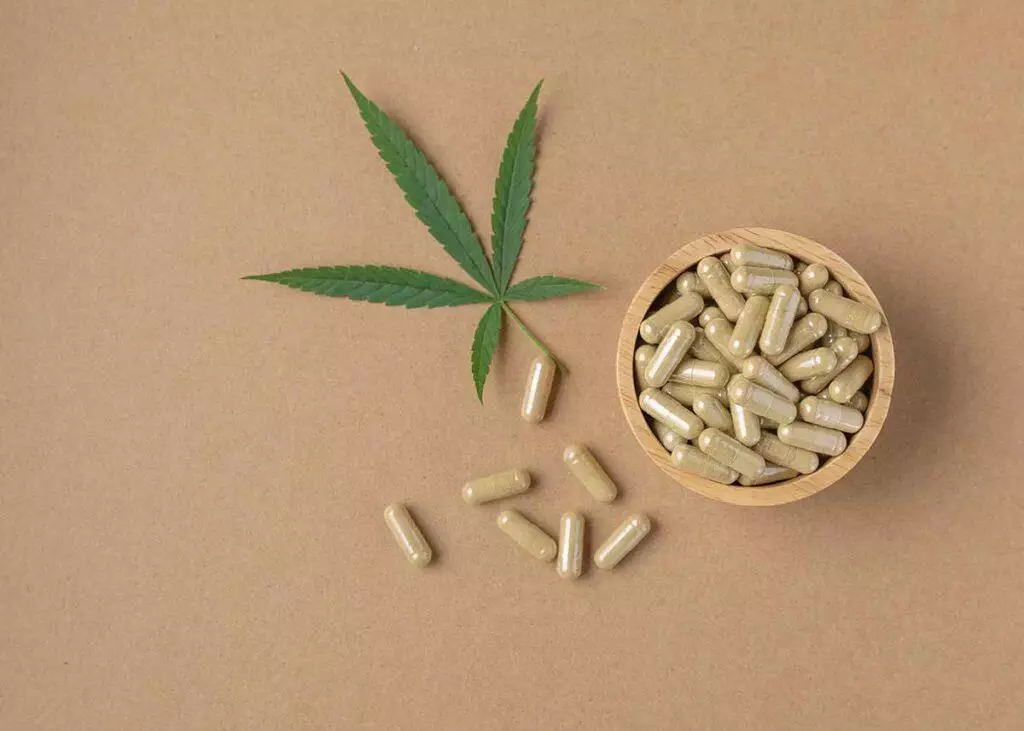While many individuals typically do not associate psychedelics with the concept of addiction, it is crucial to acknowledge that prolonged or frequent use can indeed lead to psychological dependence and various forms of harm. The nuances of psychedelic addiction are unique and can present distinctive challenges for those struggling with it.
At Maui Recovery, we take a holistic approach to addressing these challenges, merging traditional therapeutic methods with deep spiritual introspection rooted in Hawaiian cultural principles. This integrated treatment strategy is designed to empower individuals not only to recognize their dependence on psychedelics but also to confront the underlying psychological issues that may drive this reliance.
Through personalized therapeutic sessions, support groups, and experiential learning grounded in the wisdom of Hawaiian culture, we guide individuals on a transformative journey. This process helps them cultivate self-awareness, emotional resilience, and a sense of purpose.
Ultimately, our goal is to help people move beyond their reliance on psychedelics, steering them toward a balanced and fulfilling life. We believe that by fostering a deeper understanding of oneself and one’s relationship with these substances, individuals can achieve lasting recovery and embrace a healthier, more meaningful lifestyle.
What Are Psychedelics?
Psychedelics, also referred to as hallucinogens, represent a diverse class of psychoactive substances known for their ability to induce significant alterations in perception, emotional states, and cognitive functions. According to the Alcohol and Drug Foundation, these substances can profoundly influence all sensory modalities, leading to changes in the way individuals interpret their environment, their sense of time, and their emotional responses. Users may experience vivid hallucinations, which can include visual distortions or auditory perceptions of sounds or voices that are not present.
The classification of psychedelics includes both naturally occurring and synthetic substances. Natural psychedelics can be derived from various sources, including trees, vines, seeds, fungi, and leaves. Examples include psilocybin mushrooms, peyote cactus, and ayahuasca. On the other hand, synthetic psychedelics are chemically manufactured and can produce similar psychedelic effects; substances like LSD (lysergic acid diethylamide) and 2C-B fall into this category.
When it comes to dissociative drugs, certain signs may indicate habitual use. Individuals using these substances daily may show a marked decline in productivity across various aspects of their lives, including work or academic performance. Increased secrecy is often a common behavior, as users may begin to withdraw from family and friends, isolating themselves from their social networks. This withdrawal can be accompanied by erratic sleep patterns, leading to wakefulness during unusual hours.
Moreover, a noticeable shift in personal responsibility may occur, with individuals displaying a lack of interest in their personal appearance or hygiene. Cognitive impairments manifest as difficulties in concentration, with users often struggling to remember recent events. Risky behaviors may also come into play, as the judgment of the individual becomes impaired. These changes can contribute to unpredictable mood swings and erratic behavior, making it challenging for individuals to maintain stable social interactions and responsibilities.
Types of Psychedelics
LSD (d-lysergic acid diethylamide)
One of the most potent mood- and perception-altering hallucinogenic drugs. It is a clear or white, odorless, water-soluble material synthesized from lysergic acid, a rye fungus compound.
Side Effects:
Psilocybin (4-phosphoryloxy-N, N-dimethyltryptamine)
Extracted from certain mushrooms found in tropical and subtropical regions of South America, Mexico, and the United States.
Side Effects:
Ayahuasca
A hallucinogenic brew made from one of several Amazonian plants containing DMT (the primary psychoactive ingredient) along with a vine containing a natural alkaloid that prevents the normal breakdown of DMT in the digestive tract.
Side Effects:
Salvia divinorum
A psychoactive plant that is common in southern Mexico and Central and South America.
Side Effects:
DMT (Dimethyltryptamine)
A powerful hallucinogenic chemical found naturally occurring in some Amazonian plant species and synthesized in the laboratory.
Side Effects:
DXM (Dextromethorphan)
A cough suppressant and expectorant ingredient in some over-the-counter (OTC) cold and cough medications that adolescents and young adults often abuse.
Side Effects:
PCP (Phencyclidine)
Was initially developed in the 1950s as a general anesthetic for surgery.
Side Effects:
Ketamine
A dissociative that is currently used as an anesthetic for humans as well as animals.
Side Effects:
Peyote (Mescaline)
A small, spineless cactus with mescaline as its main ingredient.
Side Effects:
Psychedelics in the United States
Psychedelics have become an increasingly discussed topic in recent years, with a noteworthy statistic revealing that approximately 20.6% of global drug users have experimented with magic mushrooms, a popular form of psychedelic. In the United States, the demographics of psychedelic use indicate that the highest prevalence of lifetime use occurs among individuals aged 30 to 34. Within this age group, the usage rate reaches around 20%, with males reporting a significantly higher usage rate of 26% compared to 15% among females.
Additionally, an estimated twenty million individuals in the United States have tried MDMA, also known as ecstasy, which is another widely recognized psychedelic substance.
Find Help for Psychedelics Addiction at Maui Recovery
For those who find themselves struggling with psychedelic addiction, there is hope and help available. Maui Recovery, a specialized residential treatment center located in the stunning Hawaiian landscape, offers comprehensive support for individuals seeking to overcome dependence on psychedelics. Our approach combines evidence-based therapies with holistic practices to provide a well-rounded recovery experience. If you or a loved one is looking for assistance on the path to recovery, we encourage you to reach out to our dedicated team to learn more about how we can support you on your journey to wellness.




























